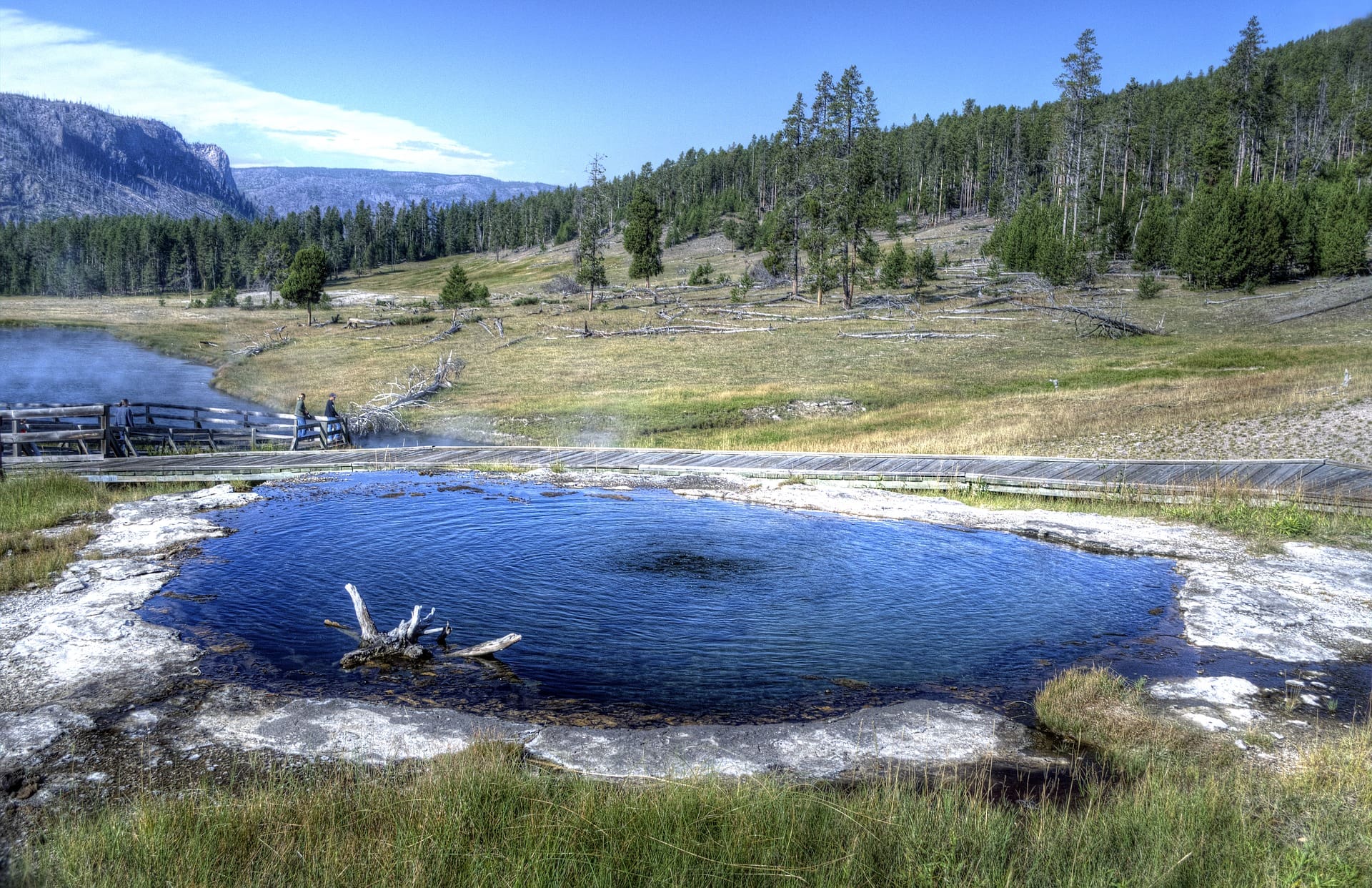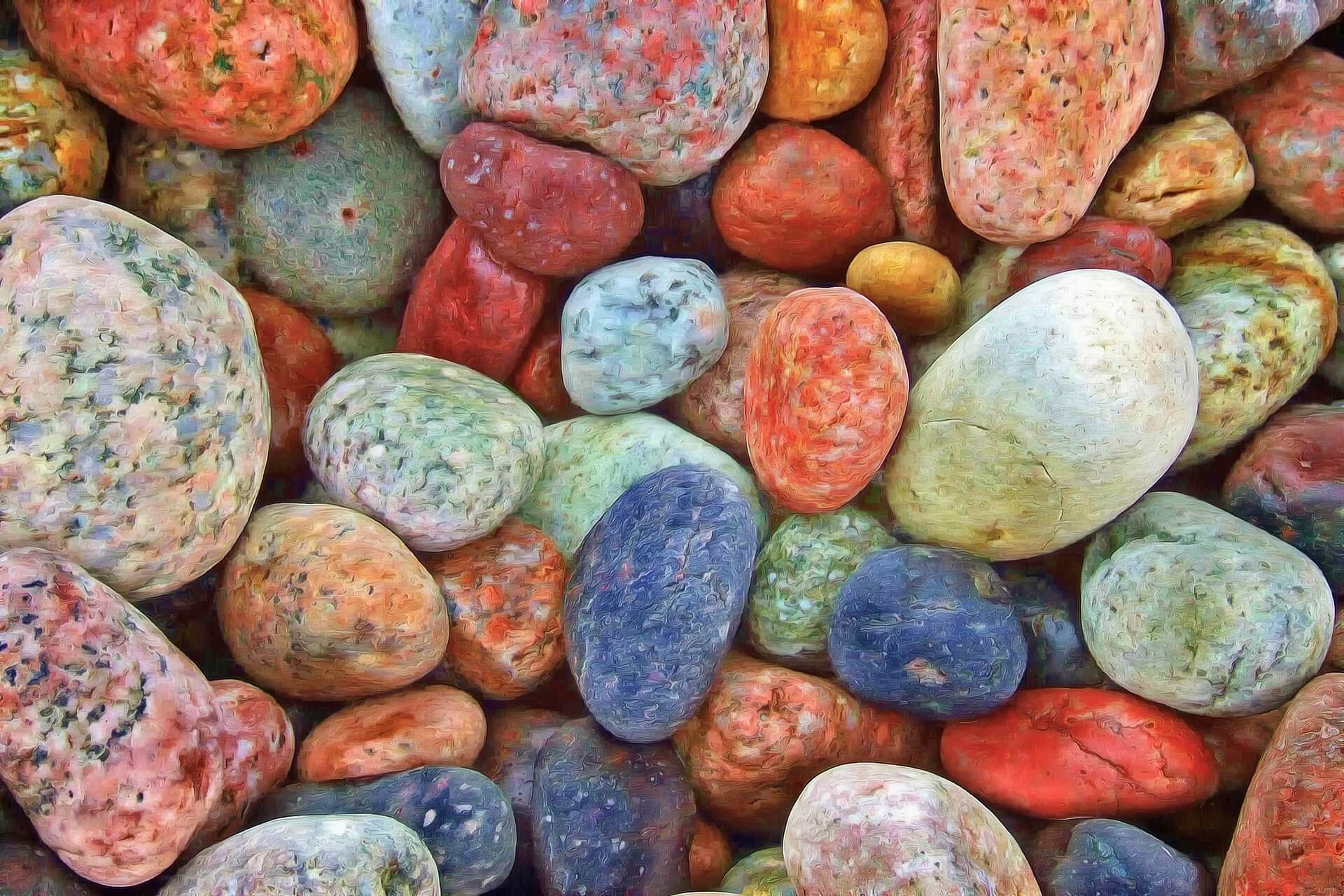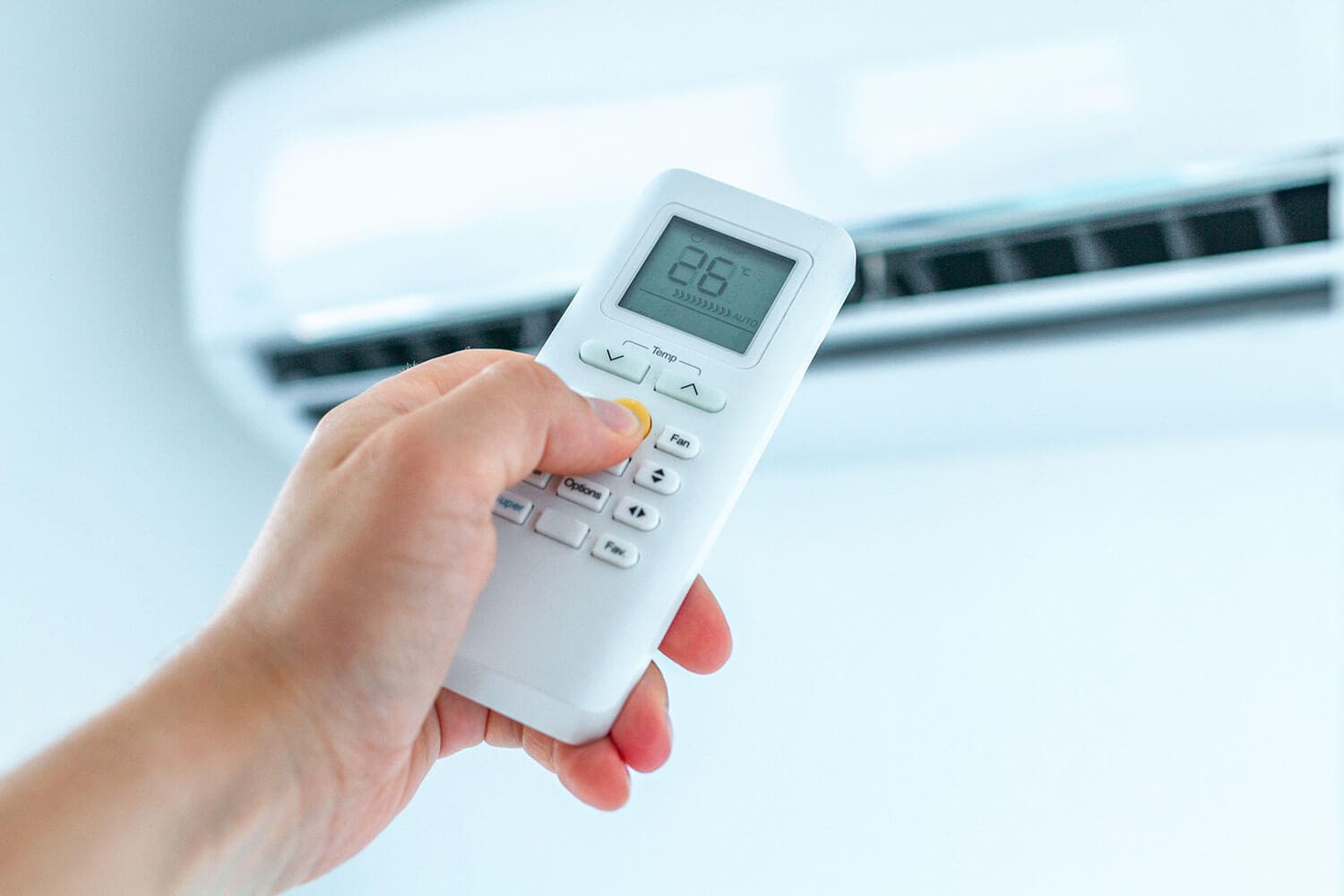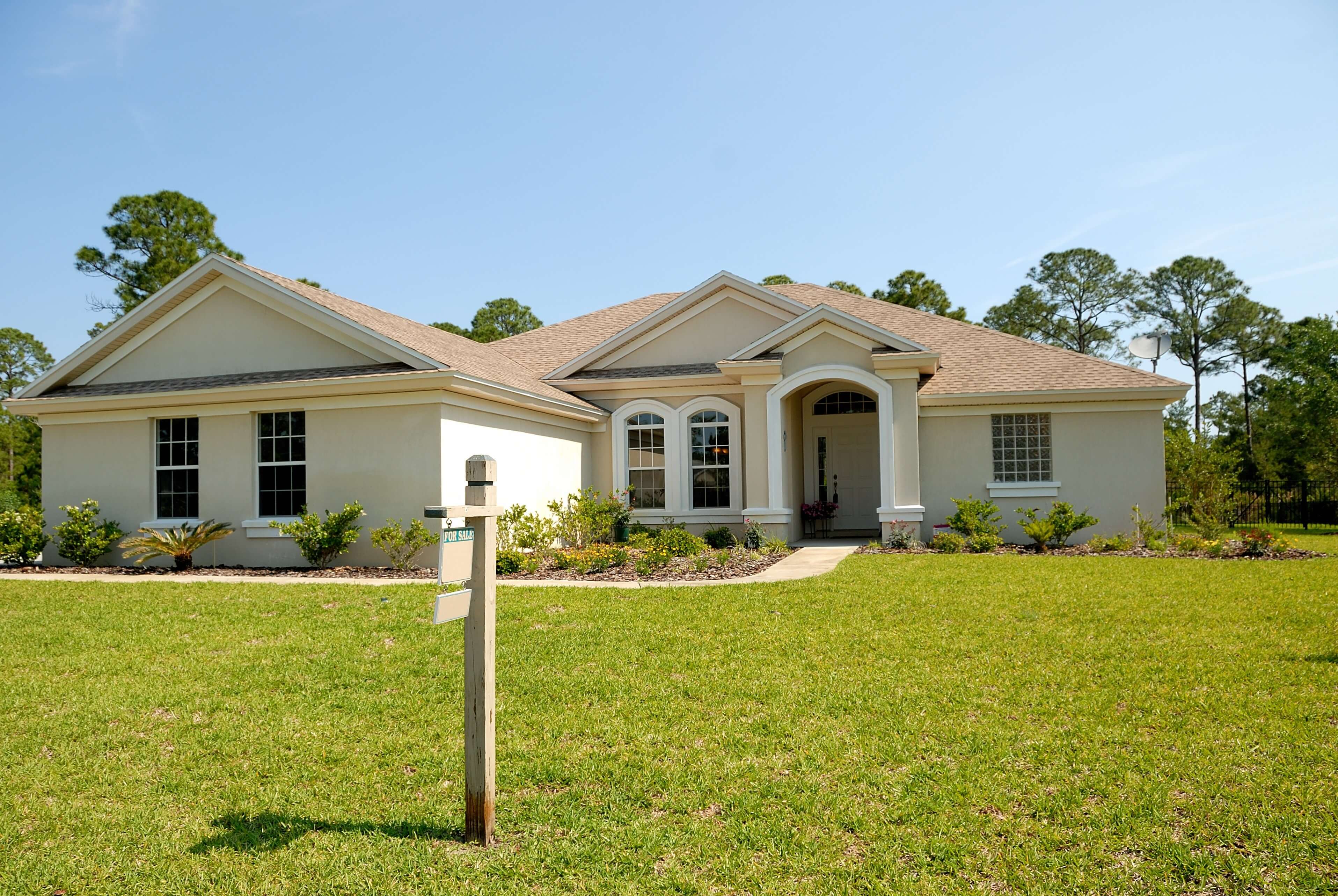Climate is one of the key factors you should consider while deciding on a patio paving material. Different materials work better under certain climatic conditions, and this post will help you discover suitable paving material. When hiring a commercial paving services you should ask them questions about the best material to use for your surface and location.
- Cold Climates
In colder climates, the water that seeps into the pavers freezes and expands. This pressure cracks the pavers. So there is a requirement of a paving material that won’t chip away because of the freeze-thaw cycle. Pavers are also subjected to frost heaving that occurs when the soil below freezes and lifts them up.
Some suitable paving materials are-
- Slate
Slate is a non-porous material that is durable and weatherproof. Unlike stone, water does not seep into slate and thereby preventing frost heaving. Slate offers plenty of options in terms of colours including green, gray, blue, violet and brown.
- Travertine

Travertine is a variation of limestone. Though natural stones are notorious for being porous, travertine is suitable for cold climates when it’s properly sealed. And in case travertine pavers do crack, they can be replaced easily.
- Brick
Brick can withstand cold weather and heavy loads. They are a suitable option as they can be easily installed and repaired. Also, brick pavers have natural rich colours that enlivens the dark and dreary weather.
- Porcelain

Porcelain is a hard and waterproof material. This is because it is fired at a higher temperature than regular ceramic tiles. You can brighten up your outdoors with porcelain as they come in a variety of colours. Since it can be slippery, textured variants of porcelain will be better for cold climates.
- Hot Climates
Pavers that don’t crack under constant heat would be the most suitable for hot climates. Also, the patio paving shouldn’t retain too much heat that would make it uncomfortable for walking. Let’s look at some of the popular options for hot climates-
- Wood

Timber made out of teak and cedar are aesthetically appealing options for hot climates. Since timber doesn’t conduct heat, it is comfortable to walk on even on the hottest days.
- Concrete

Concrete pavers are not only durable but also don’t conduct heat. This makes concrete paving bearable during hot days. It is also one of the most affordable materials. However, concrete pavers can crack under intense heat without regular sealing.
- Brick
Brick pavers don’t transfer heat and don’t crack easily. Moreover, the natural rich colour of brick pavers doesn’t fade. If you are looking for an attractive paving alternative, then brick is fitting.
- Natural Stone
Natural stones such as sandstone and limestone are a popular option for hot and dry climates. No matter how hot it gets, light coloured limestone will remain significantly cooler.
Another option is sandstone. It is a soft stone that will add character to your outdoors with its texture and colour.
- Wet Climates
Wet climates require paving material that won’t allow infiltration and water stagnation. The material should also be slip resistant. Some suitable patio paving materials for humid and wet climates are-
- Natural Stone

Natural stone is durable and can withstand harsh weather conditions. Certain natural stones such as sandstone have porosity that allows water to pass through it, into the ground beneath. Because of this water stagnation and the subsequent mold infestation can be avoided.
Granite is another excellent option. Being one of the hardest and durable materials, granite is the least porous of all the natural stones. Therefore, it prevents water infiltration.
- Brick

Brick pavers have a naturally abrasive texture. This makes them slip and skid resistant. As brick is a porous material it dries easily but on the flipside, it can develop slick moss in shady areas.
- Concrete
Concrete is a durable patio paving material that is also slip resistant. Apart from being one of the cheapest alternatives, concrete paving is quite easy to clean as well.
In conclusion, it is crucial to choose the right paving material according to the climate to ensure its longevity and cost-effectiveness.







